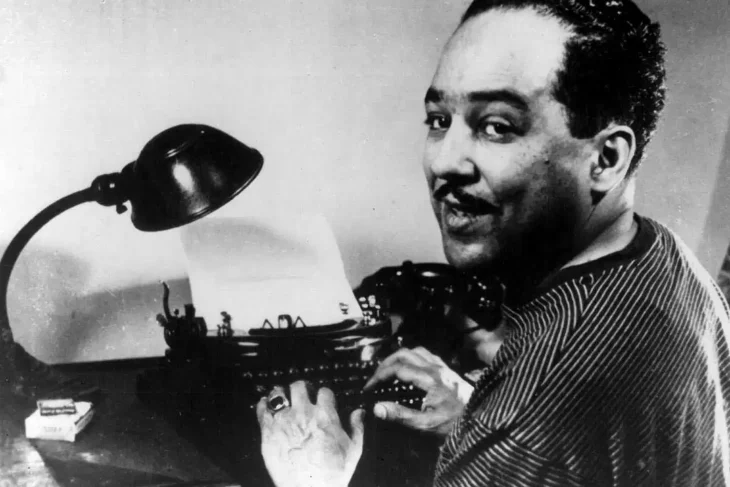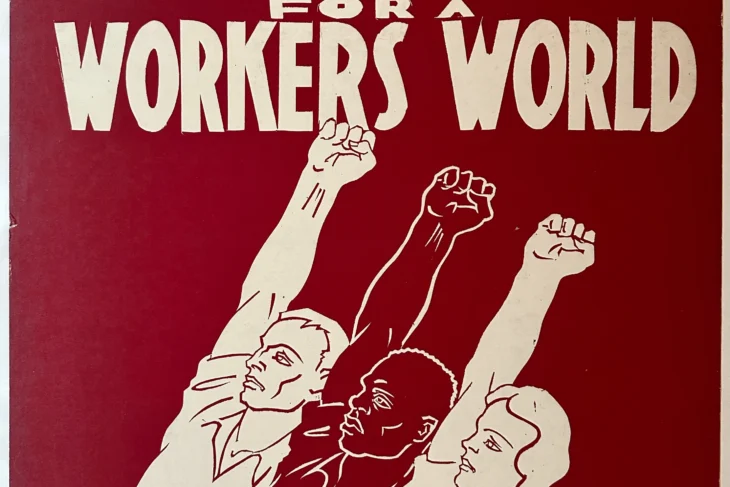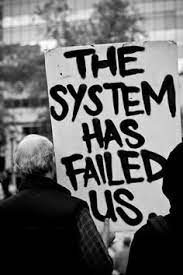
 The call for reparations has been constant and growing. Ever since emancipation the former slaves and their descendants have in some form or another been asking for repayment for the centuries of slavery which brought the ex-slavers and their descendants so many riches.
The call for reparations has been constant and growing. Ever since emancipation the former slaves and their descendants have in some form or another been asking for repayment for the centuries of slavery which brought the ex-slavers and their descendants so many riches.
The demand has, in recent times, been given much study and has some very good legs to stand on. I am in the camp which calls for reparations to be given to the descendants of the former slaves, however I feel that, no matter how right and just the call is, it will not be heeded until some serious questions are asked and we take it more seriously.
Serious questions like, how can we expect the former European colonizer and en-slaver to not only admit responsibility but pay for damages when we refuse to acknowledge the elephant in the room? I speak of course of the fact that our African brethren sold us, in chains, as prisoners, to the Europeans. In other words, the African kingdoms of the day aided and abetted in this crime from which we now seek monetary damages.
It has always amazed me that, when the subject of reparations raises its head, we in the diaspora never talk on this subject. The fact is the former (and in some cases still existing) kingdoms partook in this crime, they were willing accomplices in this holocaust. The former slave holding nations already refuse to budge as they do not take this as a serious threat, however the second they do they will call us out on our hypocrisy and say ‘why do they not have a writ with the Kingdom of Ashanti whose descendants also took part?’.
What will be our response to that, has this movement ever seriously talked about holding the motherland responsible for selling her children into bondage?
Quite a few of the kingdoms that sold our ancestors into bondage are still in existence and while it may not be in our full interest to sue for monetary damages (such an action would surely impede any back to Africa or pan-African movement) we can and must demand serious acknowledgment and contrition for these actions. Then, with that large emotional and psychological hurdle crossed, we can face the former slave masters safe in the knowledge that their former accomplices have acknowledged their wrongs and have made some restitution (the African nations may then actually take reparations for colonialism seriously after that).
Another question that needs to be asked is, why have we not (that is until very recently) sought to link the reparations for slavery issue with other atrocities carried out in the name of imperialism and the enrichment of the metropole? Allies in this fight are needed and the potential allies for a suit against the former imperial powers are legion.
Example, the Indian subcontinent was taken from being one of the wealthiest areas in the world in the late 1700s to being impoverished by the 1940s when it was finally split up after independence.
The story is the same with China, Vietnam, Ethiopia, Egypt, the Middle-East mandates, the Ashanti empire and the Zulu kingdom. All of them and many more are allies in waiting who only need a wink and nudge to be on our side in this fight, and it is a fight with which we will need much assistance as what we are dealing with in the end is the bedrock of the entire Western economy (Which major modern society/business can’t trace its direct roots back to the profits of the slave trade?) and they, as such, won’t go down without a fight.
Finally we come to the topic of whether we are taking reparations seriously or is it just a talking shop a la Caricom, that is simply a place where our political and academic leaders pontificate and eat well while doing no work. This needs to be looked at in great detail not by said politicians and academics but by the pressure groups which have always been at the vanguard of this struggle.
We need to ask for example; Why did it take a British ministry report to state that payments for emancipated slaves was completed a few years ago? Where were our academics who are in this fight and why did they not dig it up? Why have we not pressured groups and companies that we know directly benefited from this? Why is it that we have chosen to go after the high hanging fruit, which is the state, rather than the private corporations which have more to lose, are lower hanging fruits, and were in almost all cases more directly involved than the states in question?
Why is it after decades of research and debate we still have not answered the most basic of questions; who eventually gets the cash — states, eg Jamaica or its citizens — and how will it be divided? This again is an area which has been brought to the fore many times as it is the most obvious problem one faces. This question should have been tackled decades ago. The fact that it hasn’t shows that those who have been leading this struggle have been tackling it all wrong.
This question, in its simplicity, has the ability to scupper any potential deal on reparations as no nation or corporation will give money to a black hole which waits on how it is dispersed. How is it that we, who have produced economists, financial geniuses, and political giants, cannot seem to answer this obvious yet vexing question which is at the core of any potential settlement received. It forces one to ask if we are serious about the matter of reparations.
Reparations is an achievable target, even if it is a long fight. However, seriousness when tackling it is needed and as far as I can see, in spite of the lovely words and grand gatherings, we are not much closer to the goal of real reparations than when it began.
The information is available, the allies are potentially dozens and there are previous cases upon which precedence can be used (Nazi Germany, US-Guatemala syphilis, drug gangs and leaders). The only thing needed now is the discipline and willingness to get the results. Richie Ashburn Womens Jersey



